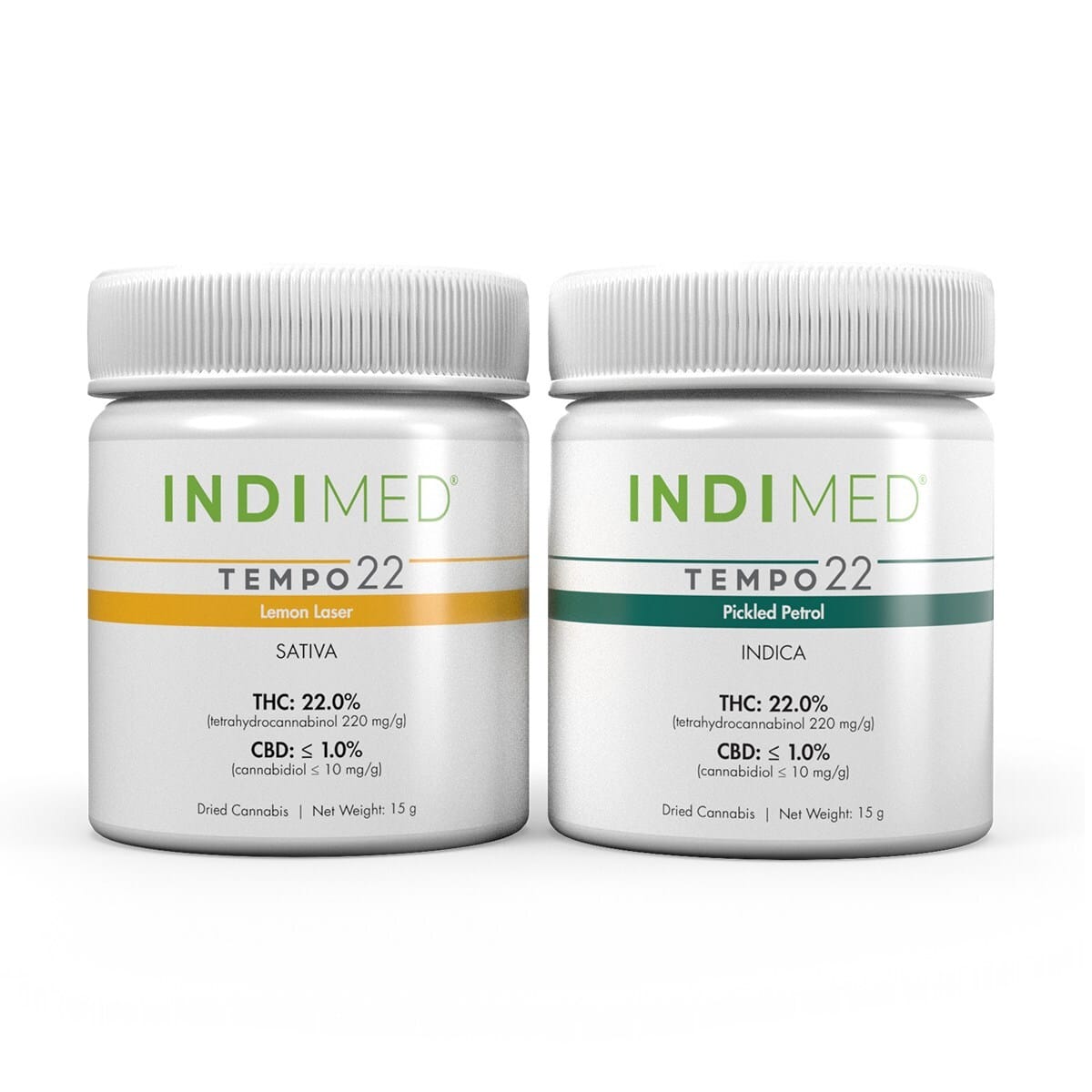Is Aurora Cannabis still a buy?

 Quarterly results from Aurora Cannabis (Aurora Cannabis Stock Quote, Chart, News, Analysts, Financials TSX:ACB) weren’t enough to move the needle for ATB Capital analyst David Kideckel, who reviewed ACB in a report to clients on Thursday and kept his “Sector Perform” rating.
Quarterly results from Aurora Cannabis (Aurora Cannabis Stock Quote, Chart, News, Analysts, Financials TSX:ACB) weren’t enough to move the needle for ATB Capital analyst David Kideckel, who reviewed ACB in a report to clients on Thursday and kept his “Sector Perform” rating.
Edmonton-headquartered Aurora Cannabis, one of Canada’s largest licensed producers of cannabis for the medical and adult-use markets, released its second quarter fiscal 2021 results on Thursday for the period ended December 31. The company recorded Q2 net sales of $67.7 million, up 28 per cent year-over-year, and adjusted gross profit of $17.0 million and adjusted EBITDA of negative $16.8 million compared to an adjusted EBITDA loss of $57.9 million for the previous quarter.
CEO Miguel Martin said in the Q2 press release that Aurora is advancing with the company’s plan laid out in September 2020, which involves improving cash burn, margins and overall financial flexibility.
“For the period, our core revenue strength in medical and consumer was complemented by initial rollouts in vape products and concentrates,” Martin wrote. “Combined, these elements are part of the proven, regulated CPG strategy we’ve adopted.”
“Adjusted EBITDA for the quarter, while vastly improved year over year, was impacted by several decisions that we believe will clear a path for our premium product focus and more variable cost model. We are confident that this will give Aurora maximum flexibility and position the organization to drive significant cashflow in the coming quarters,” he said.
Aurora said its adjusted gross margin before fair value adjustments on cannabis net revenue was 42 per cent for the quarter compared to 48 per cent a year earlier, with the decrease being chalked up to lower production levels at its Aurora Sky.
Kideckel said Aurora’s top and bottom numbers came in lower than expected. The company’s $67.7-million in revenue compared with his $68.6-million estimate and the consensus forecast for $69.4 million, while the adjusted EBITDA loss of $16.8 million was greater than the analyst’s expected loss of $8.5 million and the Street’s forecast of negative $5.5 million.
“We view ACB taking a hit to short-term results as the Company transitions to an asset-light model and a CPG go-to-market approach,” Kideckel wrote. “We maintain our constructive long-term outlook on ACB driven by management’s execution to date, ACB’s performance in higher-margin medical cannabis markets, and the Company’s robust capital position. However, over the near-term we maintain our neutral stance given headwinds in the Canadian cannabis industry (e.g. oversupply).”
Kideckel said Aurora’s market share in Canadian rec cannabis fell to 8.1 per cent, with the dried flower segment taking a notable hit, although the analyst said the drop is likely temporary as the company shifts its focus to higher margin premium products to support its brand development. That should lead to long-term growth, Kideckel said, aided by further growth in the rec market overall.
Innovation should be a key differentiator going forward for Aurora, according to Kideckel, who said ACB is strongly positioned in terms of cannabinoid-based science, with the value in the field on display recently in the announced acquisition of GW Pharmaceutical by Jazz Pharmaceuticals.
The analyst also noted Aurora’s presence beyond Canada, where international medical cannabis sales grew by 84 per cent sequentially in the fiscal Q2. Kideckel said the gains are indicative of the company’s competitive advantages, notably with respect to Aurora’s European facilities and European regulatory compliance expertise.
With the new report Kideckel raised his target on ACB from $10.50 to $13.00, which at press time represented a projected 12-month return of negative 29 per cent.
“We have reduced our discount rate to 14 per cent from 15 per cent driven by two factors: (1) We believe that ACB is moving in the right direction from a strategic point of view by focusing on an asset-light and fiscally prudent model; (2) ACB’s capital position is robust, which we believe is critical in the cannabis sector, especially as the Company expands its operations beyond Canada,” Kideckel wrote.
“Considering the recent price appreciation of the entire Canadian cannabis sector (which we believe is driven by non-fundamental factors) we view ACB performing in- line with peers over the short-term. As such, we maintain our ‘Sector Perform’ rating,” he said.
Kideckel is calling for Aurora to generate full fiscal 2021 revenue and adjusted EBITDA of $283 million and negative $83 million, respectively, and fiscal 2022 revenue and adjusted EBITDA of $389 million and $2 million, respectively. For fiscal 2023, he is expecting $538 million in revenue and $53 million in EBITDA.
Aurora’s share price had been on the upswing since October of last year and leading up to the quarterly report, although the stock dropped almost 24 per cent on Thursday. For the year, ACB is up 73 per cent.
Nick Waddell
Founder of Cantech Letter
Cantech Letter founder and editor Nick Waddell has lived in five Canadian provinces and is proud of his country's often overlooked contributions to the world of science and technology. Waddell takes a regular shift on the Canadian media circuit, making appearances on CTV, CBC and BNN, and contributing to publications such as Canadian Business and Business Insider.


